Open Source Ecology Germany e.V. held a members’ meeting in Berlin on December 9, 2017, followed by a strategy meeting.
Peter Hartman, ambassador of green net project, also attended this meeting and spoke in an interview about it.
What is Open Source Ecology in general?
Wikipedia provides the following short description:
“Open Source Ecology (OSE) is a network of farmers, engineers and other supporters, manufacturing agricultural machinery that complies with the conditions of free hardware. OSE has developed the Global Village Construction Set (GVCS) which is to enable the manufacturing of 50 different agricultural machines in modular design. Several groups across the US and other countries are developing blueprints. The devices are built and tested on the Factor E Farm in rural Missouri.”
What is Open Source Ecology Germany?
OSE is the German branch of the global Open Source Ecology movement which has attracted a lot of media interest and public attention in recent years through projects such as the Global Village Construction Set GVCS50 and Factor E Farm.
In Germany, the situation is different considering the fact that there is no centralized Factor E Farm for production. Instead, decentralized locations are intended for research, development and practical testing – these are called “OpenEcoLabs”. And there is the long-term vision of an open source economy.
Inspired by Marcin Jakubowski’s TED Talk 2011, the association “Open Source Ecology Germany e.V.” was founded a year ago.
OSE Germany is running a platform for a variety of open-hardware projects with a special ecological focus, some of which are to be presented again at the Maker Faire 2018 in Hanover.
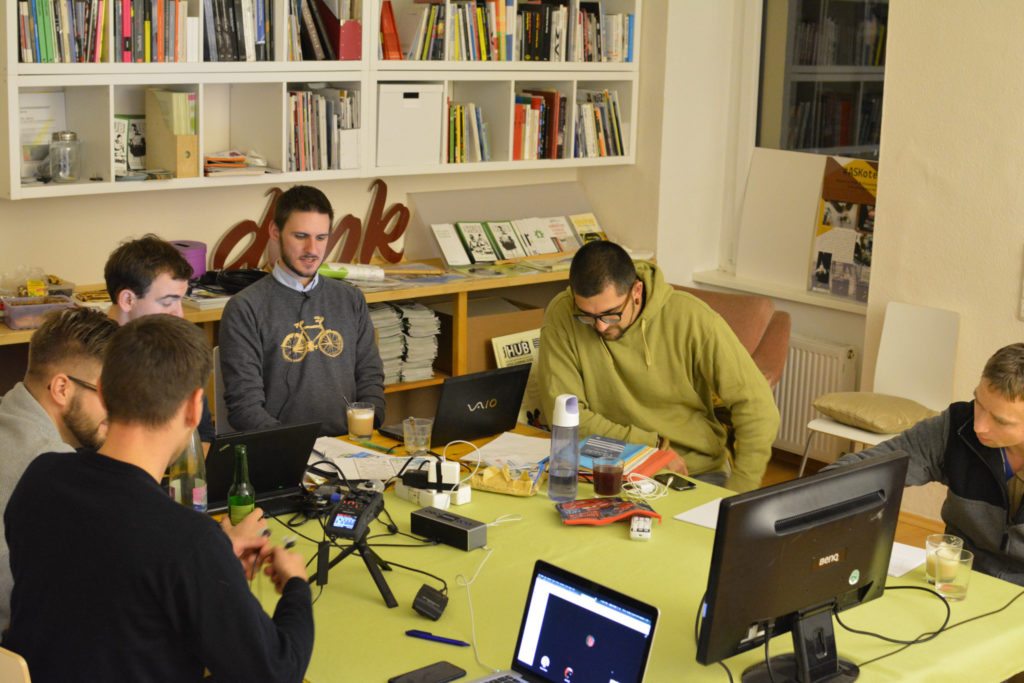
Contents of the strategy meeting
During the strategy meeting, an outlook was given on the projects in 2018. We present some of them below.
Key project: SolarBox & zinc-air fuel cell
A key project combines the two technologies of the SolarBox and the Zn/O fuel cell.
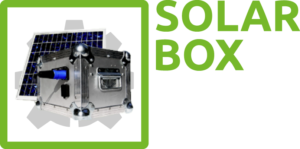
The aim is to develop a prototype by the end of 2018 that combines renewable energy generation with smart seasonal storage technology.
The SolarBox is a cooperation project between OSE Germany and the LibreSolar project that has been initiated by Martin Jäger. The two initiators have founded the research group “Collective Open Source Hardware – cos(h)” at the Hamburg University of Applied Sciences (HAW) in order to promote the project on a broader basis.
The SolarBox is a control module designed for smart charging of storage cells. When charging a battery with direct current in the low-voltage range, the charging process must be constantly monitored and tested in order to ensure an optimal charging process. The SolarBox promises to work with a wide variety of battery types and to make charging cycles easier. Up to now, this has been possible using common lithium-ion batteries and lithium-iron phosphate batteries.
The special feature of the key project is the connection to a zinc-air fuel cell. This is a storage medium that oxidizes or reduces zinc for energy storage and generation. The revolutionary thing about this technology is that it enables seasonal storage. If, for example, there are large amounts of energy surpluses in summer, they can be stored in a Zn/O fuel cell for extended periods of time and used in winter. This technology is still very new and has not yet been tested. Thus, OSE Germany is virtually conducting basic research.
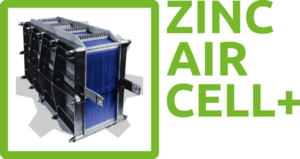
The aim is now to combine these two technologies and to present substantial results by the end of 2018. As part of this key project, it is also possible to test to which extent such development projects can be implemented with the few available human resources.
OpenEcoLab Blievenstorf
Similar to the Factor E Farm in the US, there will also be a development and research center in Germany, where various open-source projects are to be produced and tested. This will be called “OpenEcoLab”.
A member of the association would like to lease an entire property to the association where the development and research center can be built. It is located in Blievenstorf, a village near Neustadt-Glewe and Parchim in the middle of Mecklenburg Western-Pomerania.
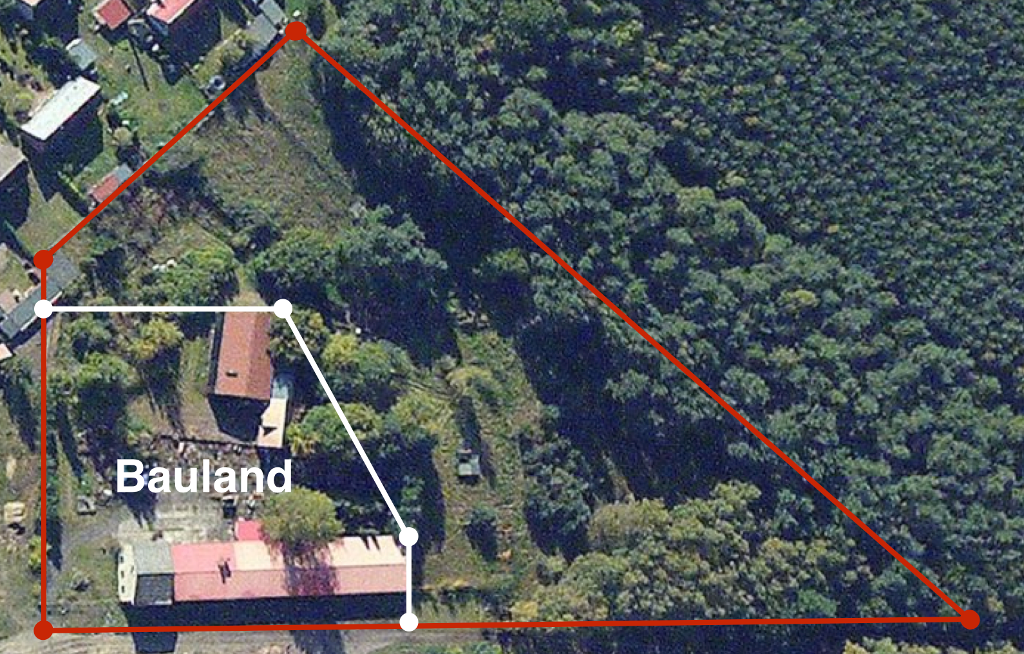
The first project is the set-up of a small workshop for joint work. It is to be completed in summer 2018. In the summer, a week of work and adventure is also planned there.
Follow-up projects of the small workshop include the installation of large-sized machines, a big metalworking workshop and an electronics room.
For logistic purposes, the acquisition of a solar-powered electric car (Sion – Sono Motors) is planned. This would enable the provision of shuttle services between the property and the local railway station (Neustadt-Glewe), and it could be used as an energy station on the site.
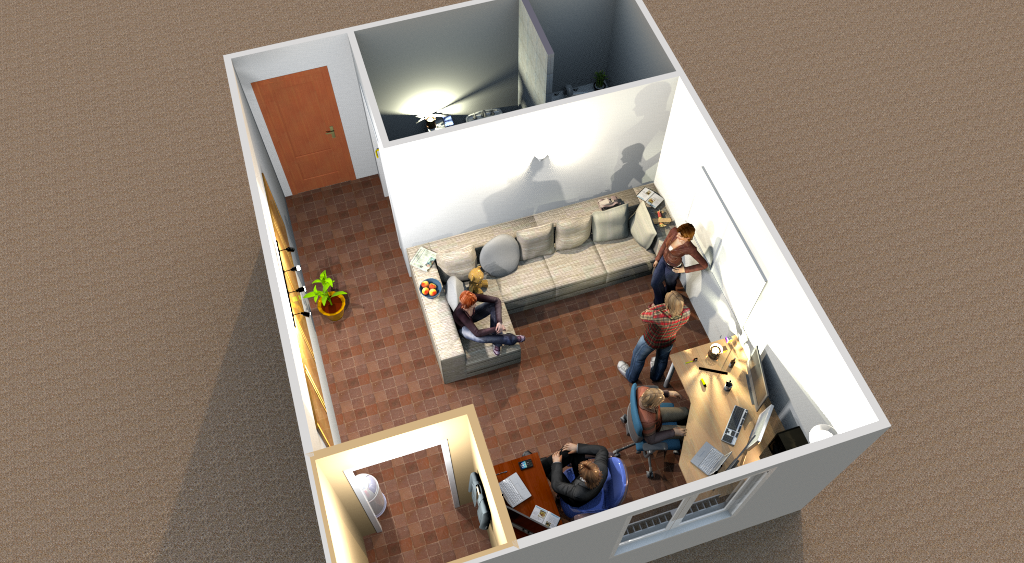
At the moment the area is still privately owned, a lease agreement between the owner and the association will be concluded in 2018.
The planning phase is currently underway and clean-up work is in progress. However, kitchen, bathroom and Internet connection are already available and can be used. Furniture and beds are still missing.
In addition to Blievenstorf, there are other smaller OpenEcoLabs. These are listed on the website http://openecolab.de/. The special thing about Blievenstorf is that for the first time a place for the association is being created here. All other OpenEcoLabs act independently.
University and research cooperation
Timm Wille often gives lectures at universities and reports about Open Source Ecology and related topics. Most recently, he visited the Beuth University of Applied Sciences in Berlin where he gave a lecture as part of the project laboratory “Future and Sustainability”.
Michel Langhammer is a member of the research group “Collective Open Source Hardware” with currently six people from all over the world and maintains contacts to the Hamburg Open Online University. It is about prototyping and reproduction of hardware such as solar components. The team uses the platforms GitHub for public presentation and GitLab for internal processes.
The team has already completed the first prototype of the solar box and is cooperating with fab labs.
A fab lab is an “open, democratic workshop with the aim of giving private individuals access to means of production and modern industrial production processes for individual items” (Wikipedia quote). Throughout Germany, fab labs are networked with each other via the network of open workshops.
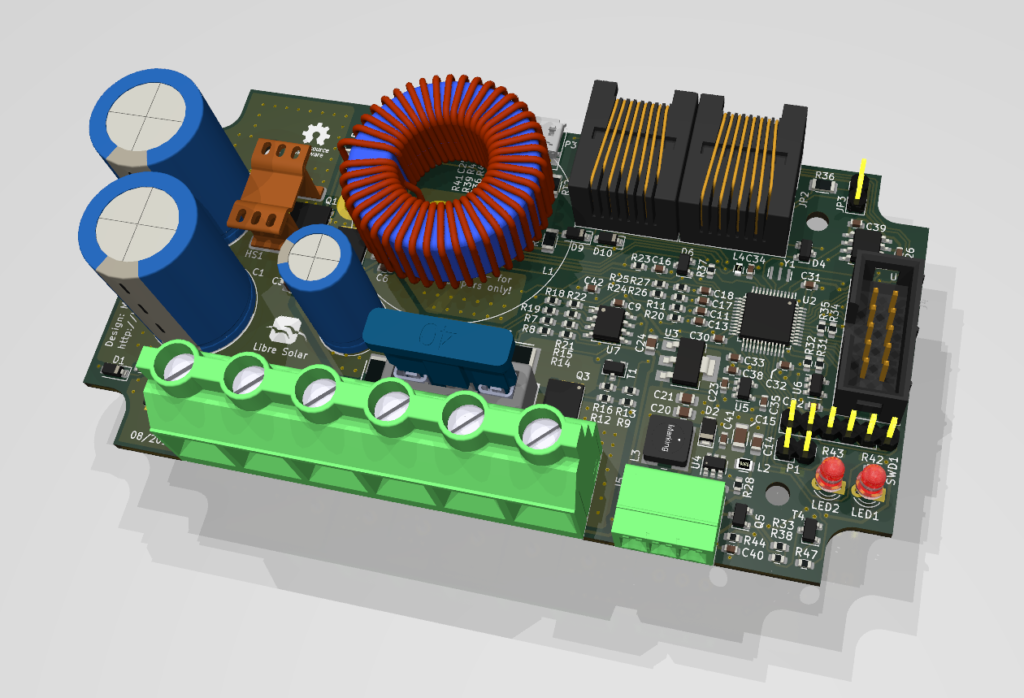
The focus of a cooperation project with the Hamburg Open Online University is on a digital learning platform. It promotes the linking of Open Education and Open Hardware. A good basis for further university cooperation in the new year.
Other members of OSE Germany e.V. also reported on events they attended in 2017 to present OSE Germany – including Maker Faires.
Association processes and organization
In the new year, the newsletter, which currently has about 200 recipients, is to be sent regularly on a quarterly basis. A responsible editor is currently being sought for this.
Timm Wille has presented the association handbook. For this purpose, he has designed an information graphic to illustrate the structure of the association, such as online activities. The smart organization as an association is to facilitate work processes. The aim is to create jobs to support the association in its public relations work and the work assigned to the purpose of the association.
At the moment, the association has a website, a wiki platform, a Facebook page, a YouTube account, a blog and a newsletter in which it informs about its activities.
For internal purposes, Forum and Messenger Telegram are also used.
Goals and wishes for 2018
In addition to the goals already mentioned – OpenEcoLab, university cooperation and extended public relations work – the following topics have also been mentioned:
- Establishing regional groups (besides Hamburg and Dresden now also Berlin and other cities)
- Attracting new members
- Launching the association’s website (ose-germany. de) with extended features
- Cooperating with the FairCoop community
- Active participation in the planned makers4humanity Lab 2018
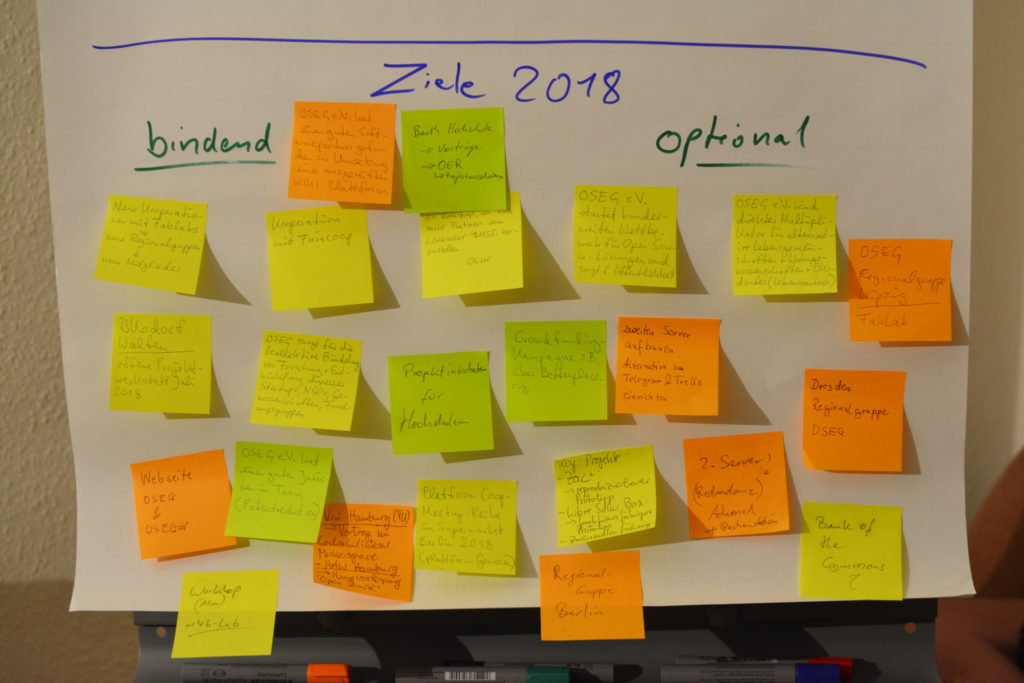
(c) OSE Germany
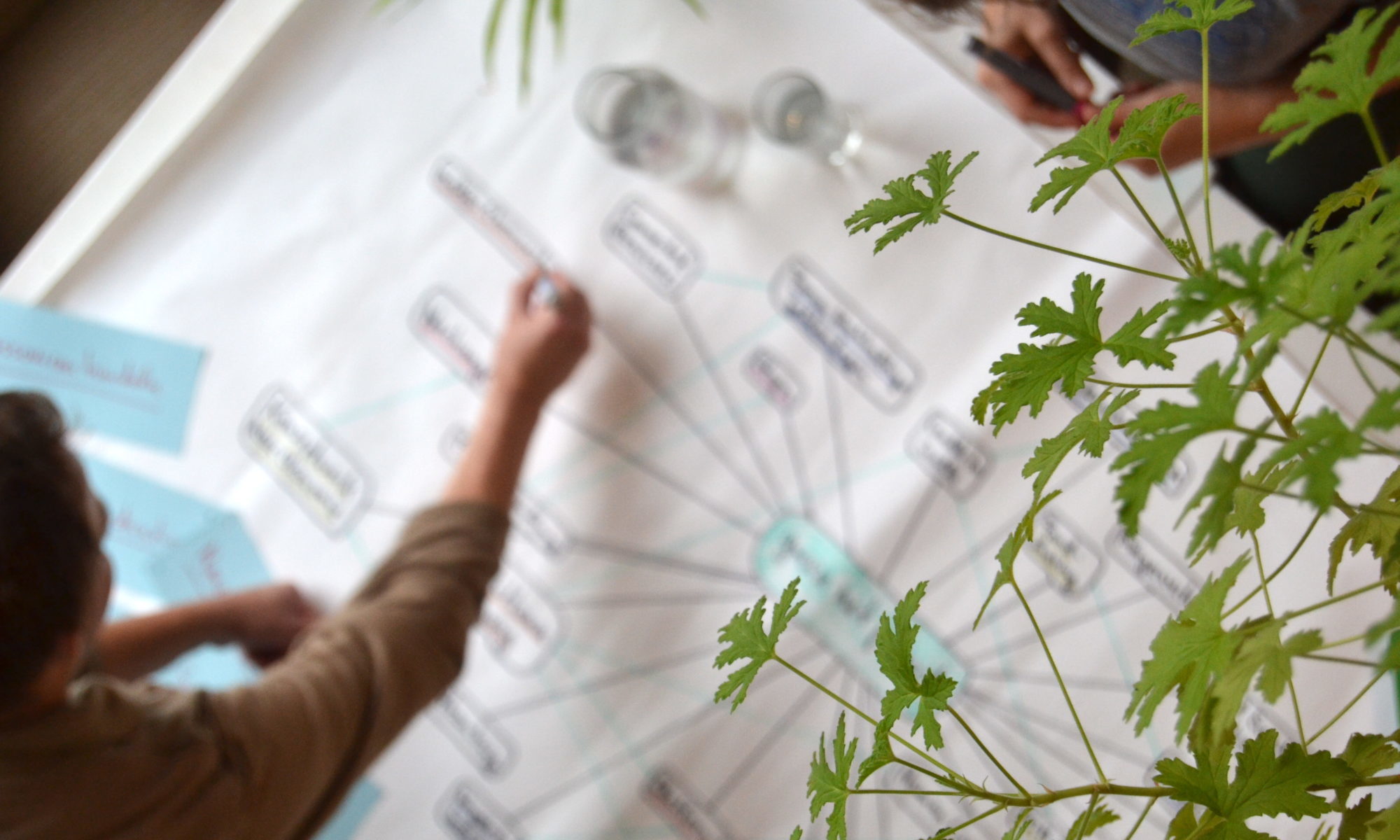
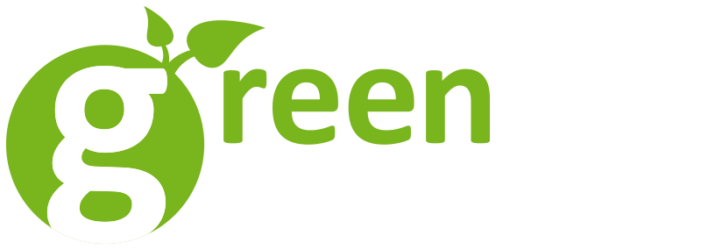
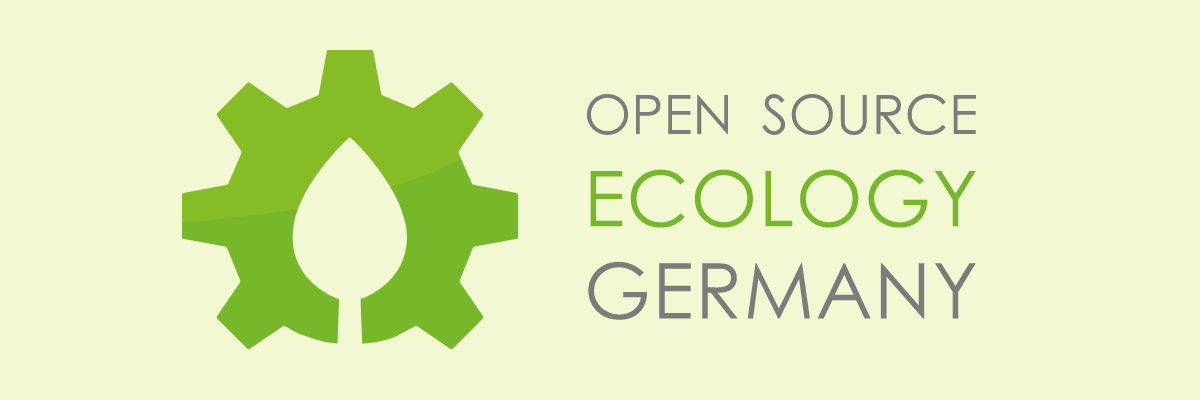
Schade, ich war 2016 mit dem Fahrrad dort, leider einen Tag zu spät und alle, die ich treffen wollte waren schon weg.
Irgedwie habe ich den Kontakt zu Euch verloren.
Gruß
Martin